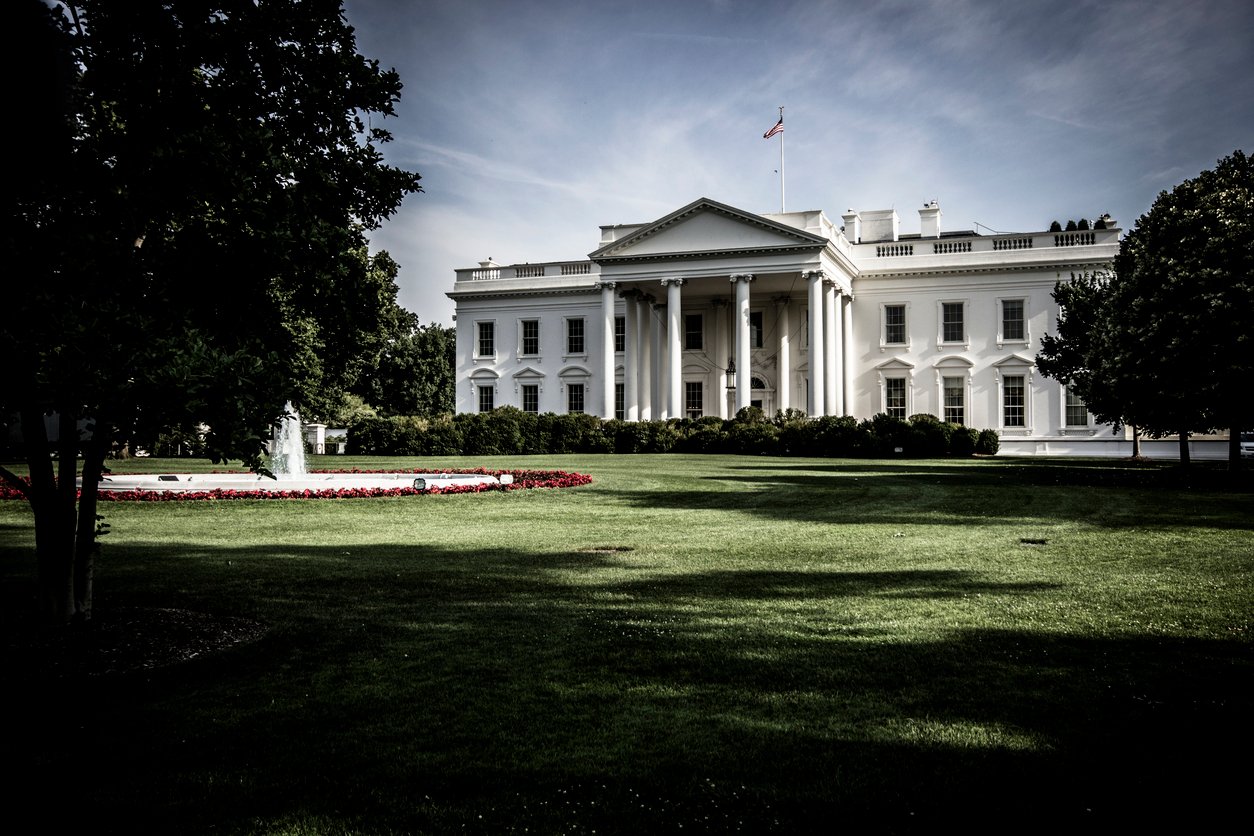Donald Trump’s latest blow to the federal workforce comes in the form of an executive order issued earlier this week that could allow some civil servants to be fired for political reasons. In the District, of course, the edict not only has broad implications for government institutions, but also for the job security of thousands of residents.
Before the order takes effect, federal agencies get 90 days to review which types of positions would be impacted—a timeline that ends squarely on January 19, the day before the inauguration. In other words, if Joe Biden wins, the order might be dead on arrival. But if not? Well, the effects could be devastating. We asked Max Stier, president of the nonpartisan group Partnership for Public Service, to explain.
What employee protections will be impacted by the executive order?
The basic issues that the order appears to impact are hiring and firing. The impact appears to be to remove the appeal rights, and the traditional protections that federal employees have [against] being fired for reasons other than their conduct or performance. They virtually become at-will employees, [hired at the] discretion of the federal — presumably political — leader, as opposed to the normal, competitive hiring processes that exist for civil servants.
What does this effort say more broadly about the Trump administration’s relationship with the experts and career civil servants within the government?
This looks more like an effort to politicize the workforce. Historically, in the last three-plus years of this administration, there have been attacks on civil servants that really have been unprecedented. There are many, many examples where leaders in this administration have attacked civil servants, who fundamentally are there to provide expertise.
The real issue is that we should actually be moving in the opposite direction. We already have 4,000 political appointees, more than any other democracy that I’m aware of in our world. We should have fewer Senate-confirmed positions, we should have fewer political appointees, and we should have a more professionalized leadership group in our government.
We already know that morale is low among career government workers who feel undermined by this administration. If this order goes into effect, what will be the consequences?
It’s enormously detrimental to morale. This is about having employees that are energized and giving their discretion or energy to do jobs that are really important to the public. So this is not just an inside story — this is really one that has potentially huge implications for the quality services we need from government.
What happens to the order if Biden wins the election?
My hope would be this would be one of the very first things that he rescinds. And it’s not not the only thing with respect to the workforce. Not very long ago, the administration had another executive order that really shut down critical diversity, equity and inclusion training for federal employees. So I think those are two executive orders that would go.
But if the order does go into action and remains in place, what will be the effect ten years down the line?
I think the likely impact will be that our government will have big problems, whether there’s a future pandemic or a future unsafe airliner. Our health, safety, and welfare is dependent upon an effective government and the federal government really depends upon a highly professionalized and capable civil service.
This would be a dramatic undermining of that civil service. You want the career professionals to be able to speak truth to power. Good decisions are not going to be made if people are afraid of raising things that they think their bosses don’t want to hear.


















